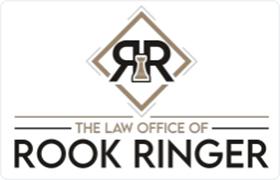Neptune Beach Criminal Lawyer, Florida
Sponsored Law Firm
-
 x
x

Click For More Info:
-
The Law Offices of Rook Ringer
1 Main St. Saint Augustine, FL 32084» view mapCriminal Defense Get On The Path To Results Today
Let us help you figure out your best next steps are. The sooner you have a plan of action, the better your chances of taking the correct steps to get the results you want.
800-819-8041
Michael Thomas King
Accident & Injury, Criminal, Estate, Immigration, Lawsuit & Dispute
Status: In Good Standing Licensed: 25 Years
Darin Carr Gardner
Family Law, Divorce & Family Law, Criminal, Personal Injury, Felony
Status: In Good Standing Licensed: 23 Years
Brett Ashley Hastings
Federal Trial Practice, Criminal, Personal Injury, Accident & Injury
Status: In Good Standing Licensed: 26 Years
Christian Kiely Winicki
Family Law, Criminal, Credit & Debt, Bankruptcy
Status: In Good Standing Licensed: 18 Years
Anthony Victor Presto
Real Estate Other, Real Estate, Dispute Resolution, Criminal
Status: In Good Standing Licensed: 21 Years
Nathan Samuel Williams
Other, Divorce & Family Law, Criminal
Status: In Good Standing Licensed: 11 Years
 Rook Ringer Saint Augustine, FL
Rook Ringer Saint Augustine, FL Practice AreasExpertise
Practice AreasExpertise
